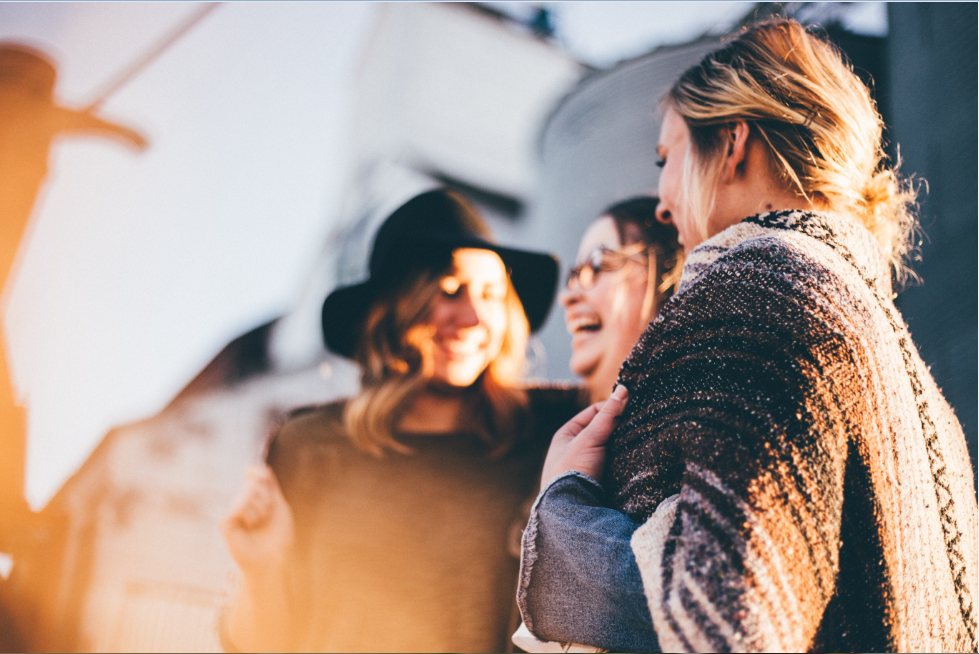Today we have something that unites us, and it’s not for the best. Most of us, on all continents and in most countries, are experiencing what life during a pandemic is. It obviously hits some way harder than others, but many just have in common the fact that they have to stay home. In these unusual times, inaction is actually more helpful than action. Staying home is protecting yourself and protecting others.
Things are happening that I personally wouldn’t have thought to be possible. As I follow the news, I can’t help but thinking that we are living unprecedented times. That we will not forget this virus any time soon. Terrible things are happening, yet I wonder. What on earth could I do? How could I help? I am not a doctor or a nurse.
So how are we supposed to help? What is there to do to try to have at least the smallest social impact when we are sitting at home? So, I wondered. And the only reasonable answer I have come with at the moment is that we have to be preparing for tomorrow.
If I don’t know what to do today, what I have to do is to figure out what I want for tomorrow. We all have to. Because there is at least one thing we can all agree on: we don’t want tomorrow to look like yesterday.
So here I am, sitting at my desk, wondering. What do I want our future world to look like? When talking about the world “after corona”, some keep on comparing it with other times in history that followed crisis. Yet we shouldn’t try to apply the same good old solutions we used in the past. Because times are different now. We need to have other values, and different purposes, or at least different ways of measuring success.
Let’s talk about the purpose: money isn’t a collective purpose, technology and sciences aren’t either. What we should aspire to as a community is happiness, freedom, equality. But when the purpose is wrong, so is the measurement. Why do we measure economic growth as a success? In the old economic theories, growth was seen as a solution for the poor to get more, without the rich having less. The idea was that instead of taking a slice from one to it give to the other, we should just create more cake. It seemed logical.
Yet that never happened: what happened instead is that some got all the newly baked cake, and the others still didn’t have more. But even more dramatically, we have focused on cake so badly that we have forgotten we do not have infinite flour and sugar. Actually, soon, we won’t have any of it left at all. As the famous economist David Attenborough put it: someone who believes in infinite growth is either a madman or an economist.
Our earth is finite, and exploiting it hasn’t reduced inequality anyway. Growth is neither a way, nor a purpose. Money is a fiction, climate change isn’t. And suffering isn’t.
Now let’s talk about happiness: many economists are afraid that even after the end of the shutdown, people will not buy more, that we will not “catch up” with all the missed purchases. Well maybe we shouldn’t worry, we should be happy about that. These economically quiet times could and should be used for us to focus on ourselves and realize what we really need, and what really makes us happy. I cannot talk in the name of everybody, but living with less teaches me a lot about myself. I now know better who I need, what I need, and especially what I don’t need.
And last but not least: our values. We value success and strength so much. Too much. What we believe to be most important in a person is that person’s power. You have to be strong; you have to be ambitious. Only men used to be brought up like this. But we are changing, now girls are also being told they should be powerful, fearless and ambitious, even if that also means being heartless.
Yet look where we are now: who do we need most? That strong successful trader or the nurse? Or the doctor? Or the farmer? We are realizing just today that after all, we don’t need people to be strong, we need them to be caring. So today it’s time we stop raising our girls the way we raised our boys, and start doing the opposite. We should teach all kids to be kind, to be gentle, helpful and empathetic. We shouldn’t value those that are fearless and start valuing those that are here and quietly caring for others, holding our society together.
Maybe the social impact we were looking for was right in front of us the whole time. For those of us that are sitting at home: we should use this time to change our perspectives. We should try to realize what we really need, what really makes us happy, and what we want for our future and for those who will come after us.


